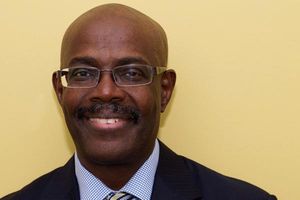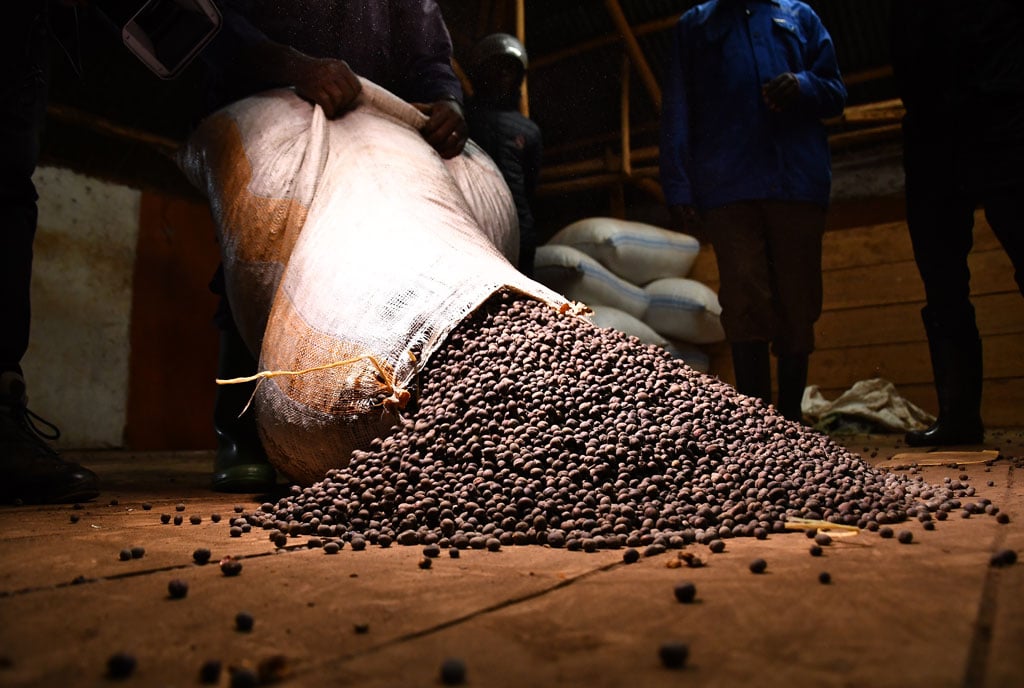
Mr Muniini K. Mulera
Dear Tingasiga:
I have a reputation among some of my people in Mparo, Rukiga District for not giving free money or buying alcohol and meat for those gathered at drinking joints. When asked to buy alcohol, I always politely urge them to act like most of our people who work hard to earn a living, put food on their tables, educate their children, and pay their bills. After all, most people I see at drinking joints or hanging out in our towns and hamlets appear to be able bodied. Most that I have spoken with have impressed me with their ability to communicate and articulate logical comments about issues that matter to them.
That is why I readily urge them to use their brains and hands to generate incomes and enjoy the dignity of independence and self-sustenance. That was the way of our elders who collectively raised us in those beautiful hills and valleys. It is the way of numerous people that I see working hard to build themselves and our country.
My advice to this small population is normally treated as the rambling of a strange fellow who has lost touch with their reality. Some have volunteered advice to me never to seek election to any position, for nobody will waste their vote on me. The same people have assured me that should my youngest brother ever seek election, they will vote for him without hesitation. My brother’s visits are reportedly a feast for friend and stranger along the way, with intoxicating beverages and palate-pleasing meat as his way of expressing his brotherly love. This is not surprising, for my brother is gifted with a very generous spirit that far surpasses mine.
Whereas I happily help strangers and other people in need where I can, I do not understand the business of filling people with alcohol and free money just for just, to use a favourite Ugandan expression. Happily, I am not interested in elected office at any level. Never been. Never will. Sadly, my brother is not interested either. He abhors party politics and would rather discuss the fate of stars and black holes than the fortunes of Uganda’s political parties. So, my people have no way of thanking him. However, they should sleep well knowing that my brother’s generosity is genuine, with no strings attached, unlike the practice of politicians who use intoxicants and small monies to buy their votes, as an investment in opportunities to exploit the very public once the swearing-in ceremonies have ended.
You know the story. The grotesque display of what my Kenyan friend Susan Wakhungu-Githuku termed Grabiosis Africanopathis is too familiar to warrant description. Suffice to say that being elected to parliament is a dream for many, not to serve the public, but to line their pockets and wardrobes, to enjoy highly subsidized lifestyles at the expense of their voters, and to live as though blind to the realities around them. There are exceptions of course, for we know many honest people in parliament and other elected positions who are committed to uplifting their fellow citizens. That they are paid salaries far above their peers in other public employment is not their fault. However, they are a minority. Their struggle to change the skewed priorities that are at the core of the ruling class’s agenda is a frustratingly futile engagement. One service I happily render to my people in Mparo, and all Ugandans, is to advocate for social, political, and economic justice, using my pen to ask questions on their behalf and to plead with the rulers to reconsider their policies and behaviours that continue to hurt the citizens of our country. My thoughts are currently focused on the ever-increasing tax burden on Ugandans.
Today, I wish to briefly share my thoughts about taxation and money. I believe in direct taxation – low taxation - of all adults with sound minds and able bodies who reside in a country whose services they enjoy. I intensely dislike freeloading on others for my upkeep. That is why I believe that the restoration of graduated tax for all able-bodied people is urgently needed. Except for those with severe physical or mental disabilities, and people in active service in the armed forces, nobody aged between 18 and 65 years should be exempt from taxation. This includes religious leaders, kings, and foreign investors.
I do not believe in high taxes that cripple individuals, discourage local and foreign investment, and sabotage economic growth. I do not know a country that has ever taxed its people to prosperity. Uganda will not be the first.
I also strongly believe in responsible spending of money, with a frugality driven by evidence-based policies, and scrupulous accounting for every shilling. Restricted spending must spare no person or institution and must be applied with justice and consideration of relative value of services provided. For example, politicians’ emoluments should be no higher than those of teachers, doctors, accountants, lawyers and other essential professionals in public service.
To achieve this, drastic retrenchment of political and patronage beneficiaries of public spending is an essential step towards a new path towards sustainable national growth and development. The presidential khaki envelopes that are dished out to buy political support from religious leaders, musicians, politicians, and other influencers, should be abandoned. A lean, accountable and efficient government, together with a genuinely concerted fight against corruption, are indispensable ingredients of my prescription. Likewise, the liberation of the central bank from all government control and interference should be an inviolable tradition.
All this assumes leadership by men and women whose rhetoric is founded on a genuine belief and practice of offering governance that creates an environment that enables local and foreign individuals to grow the economy. It requires leaders who insist on a meritocracy that shuns ethnic narrowmindedness and encourages and supports Ugandan investors from all over the land to form a sustainable capitalist class. It demands a leadership that encourages, welcomes and celebrates the growth of a critical mass of intellectual capital, another indispensable characteristic of successful, advancing economies. It is this economic environment that will favour industrialization, more employment, more exports, fewer imports, and more tax revenue to support public infrastructure and social services.
The current pursuit of taxes from a struggling public, without abandoning the spendthrift ways of politicians and other courtiers whose insatiable appetite for free money and goodies is not different from that of some of my alcohol-loving people in Mparo, does not augur well for Uganda’s hopes for sustainable economic growth. Uganda’s problem remains political, not economic.
Muniini K. Mulera is Ugandan-Canadian social and political observer.







